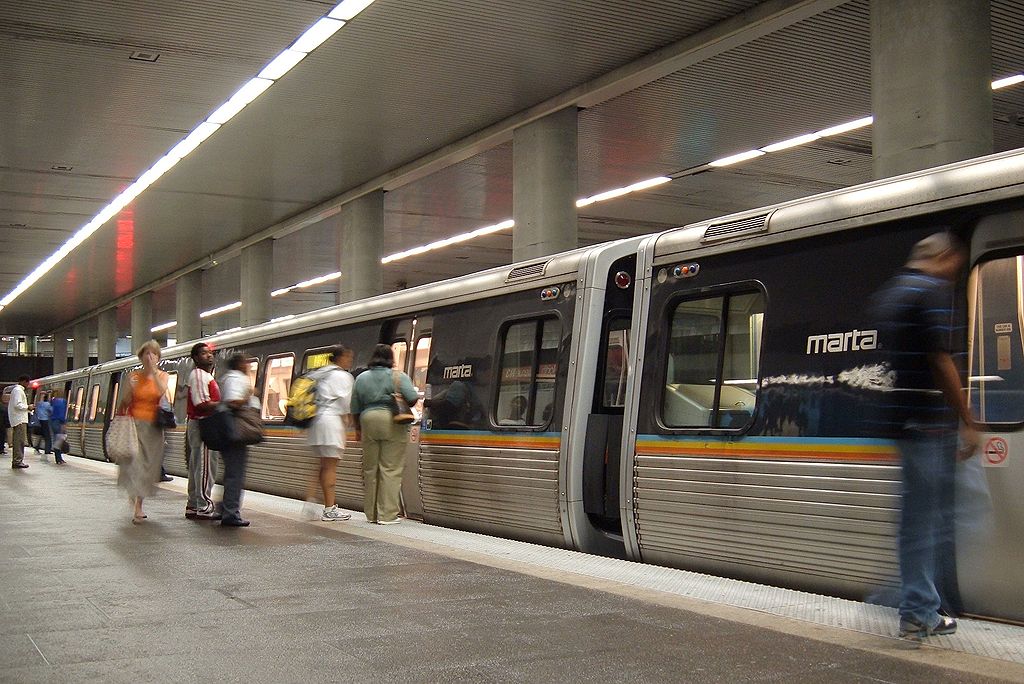
Once again it appears that Gwinnett County voters do not believe that MARTA is “smarta.” Voters rejected a one percent jump in the county’s sales tax to build a rail segment to Doraville as well as increase its bus routes. The final tally came in at almost 50,000 voting no while almost 42,000 were in favor — or 46 percent.
“I’m disappointed it didn’t pass,” said Tom O’Rourke, CEO and executive vice president of the Northeast Atlanta Metro Association of Realtors. “There’s a lot of different opinions on how to handle the transit situation and I hope there will be some resolution before the hundreds of thousands of people move here. You’ve got to start somewhere and this was a start. Now we have to go back to the drawing board to make it more palatable to residents.”
Helen Pham, a real estate professional with Point Honors & Associates and president of the Atlanta chapter of the Asian Real Estate Association of America, agreed: “It’s sad. We’ll just have wait a little longer for public transit. We need to turn this around, and we will, but it’ll just take a little longer.”
Pham doesn’t believe it will negatively impact residential sales, though. “We’ll have more traffic, that’s for sure, but I don’t think it will hurt people coming to Gwinnett,” she said. “They come to Gwinnett County for the culture, the school system and the diversity. It may slow down businesses coming here, but I’m confident that we’re going to grow as expected.”
Voting was initially expected to be decided by one or two percentage points either way. However, that prediction shifted as heavier-than-expected early voting brought out older, white residents. Those residents were projected to be no votes, as they overwhelmingly were in 1990, the last time the county voted on expanding public transportation. Experts predicted that for the referendum to pass, it would need a large turnout from the county’s younger, more diverse voters. That, it seems, didn’t happen.
“When I saw that two-thirds of the early voters didn’t want anything to do with the referendum, I knew it wasn’t looking good,” O’Rourke said.
Had the initiative passed, the county would have added another one percent to the current six percent sales tax. The tax, which would have been levied until 2057, was estimated to bring in at least $5 billion. Had it passed, MARTA, which operates bus and rail lines in Fulton and DeKalb counties, would have taken over Gwinnett’s existing bus system, which includes five local routes and six express routes to the Atlanta area. It is estimated that a positive vote would have added seven new routes and more than doubled “bus hours of service” available to county residents. Bus rapid transit lines were also planned. But perhaps the most controversial was MARTA’s proposed rail service link from Doraville to a multi-modal transit hub located near the Jimmy Carter Boulevard/I-85 area.
O’Rourke predicted that residents who voted no might later see the error in their ways. “Here’s the thing,” he said. “If you’re not having traffic issues in your neighborhood, you will. It’s going to happen.”
